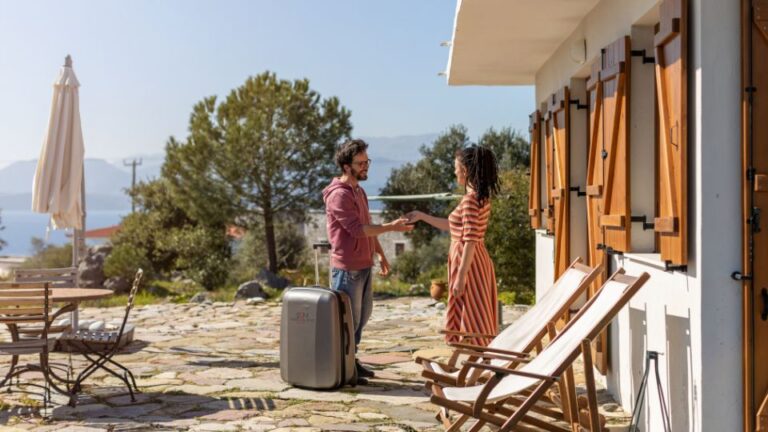New Tourist Rental Registry in Spain
New Mandatory Tourist Rental Registry in Spain: What Property Owners Must Know
📌 From July 1st, 2025, all tourist and short-term rental properties in Spain must be registered in the new mandatory national registry. Properties without a valid registration number will be considered illegal and face significant fines.
Spain is stepping up control over the short-term rental market with the enforcement of a single, mandatory registry for all tourist accommodations. Although the regulation technically came into force in January, property owners were granted a six-month transition period to register. That grace period is now ending.
What Happens from July 1st?
Any tourist property without a valid registration number (NRUA) will be banned from advertising on digital platforms such as Airbnb or Booking.com.
These listings will be considered illegal, and owners could face fines ranging from €2,000 up to €500,000, depending on the region.
Platforms will be required to verify registration numbers, carry out random checks, and remove non-compliant listings within 48 hours if notified by the authorities.
🏠 Which Properties Must Register?
This new rule applies to:
Tourist rentals
Seasonal or short-term leases
Room rentals
Any accommodation offered for short stays in exchange for payment
🎯 What’s the Objective?
This measure, driven by EU recommendations and implemented by the Spanish Government, aims to:
Increase transparency
Combat illegal rentals
Ensure compliance with safety and zoning regulations
Online platforms are now obliged to share truthful data with the authorities and play a key role in enforcing compliance.
💸 Sanctions & Legal Risks
Until a new national penalty system is developed, existing local and regional laws will apply. For example:
In Madrid, illegal rentals can be fined from €30,000
In other regions, sanctions can vary widely

🧾 Tax Implications on the Horizon
Once all tourist rentals are registered, the government could easily implement new tax measures. A proposed law by the Socialist Party would apply 21% VAT to any rental under 30 nights, with an exception for municipalities under 10,000 inhabitants to support local tourism.
📊 Why This Matters
Tourist rentals have boomed in Spain:
In 2024, overnight stays rose 21%, exceeding 170 million stays
Spain is now the second highest in the EU, behind only France
368,295 properties operate as short-term rentals in Spain
Top provinces: Alicante, Málaga, Las Palmas, the Balearic Islands, and Tenerife
⚠️ Market Impact
This regulation could drastically reduce the supply of tourist rentals:
As of now, only around 100,000 properties have completed registration
Many unregistered rentals may be forced out of the market in July
Industry experts warn of a potential shortage in tourist accommodation just as Spain prepares to welcome 100 million visitors this year
Will This Help the Long-Term Rental Market?
Not necessarily. According to Idealista, rental supply has dropped 56% since 2020, and these measures may lead more owners to sell their properties instead:
Over half of rentals that leave the market never return
Many owners feel over-regulated and may exit the market entirely
What Should Property Owners Do?
At SGM Abogados, we recommend:
Register your property immediately if you offer short-term stays
Review your legal status to avoid heavy fines or removal from platforms
Stay informed on tax reforms that may affect your rental business
Need help with the registration or assessing your legal obligations?
👉 Contact our real estate legal team today. We assist clients across Spain with personalised guidance on tourism regulations, licensing, and property law.











